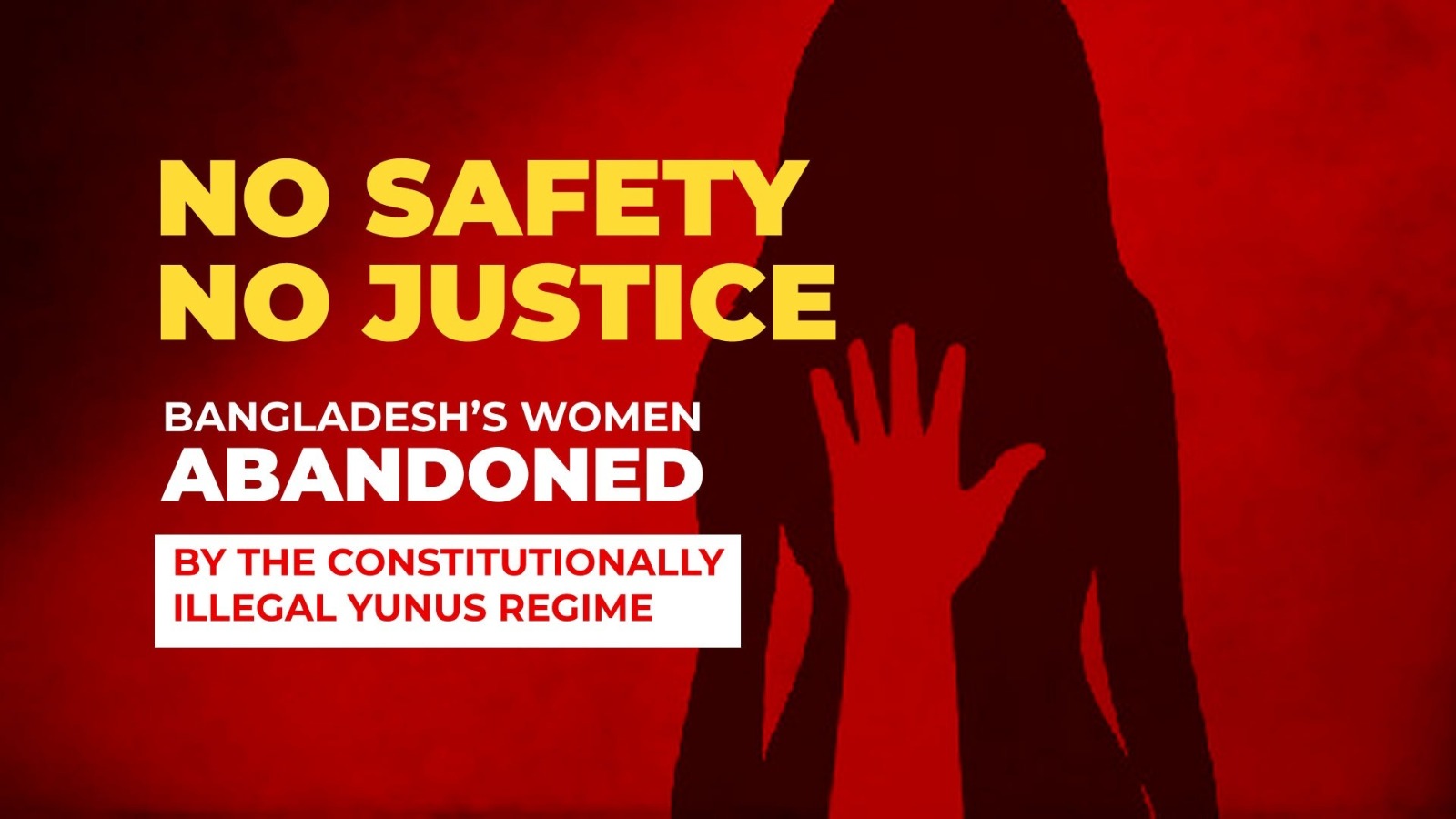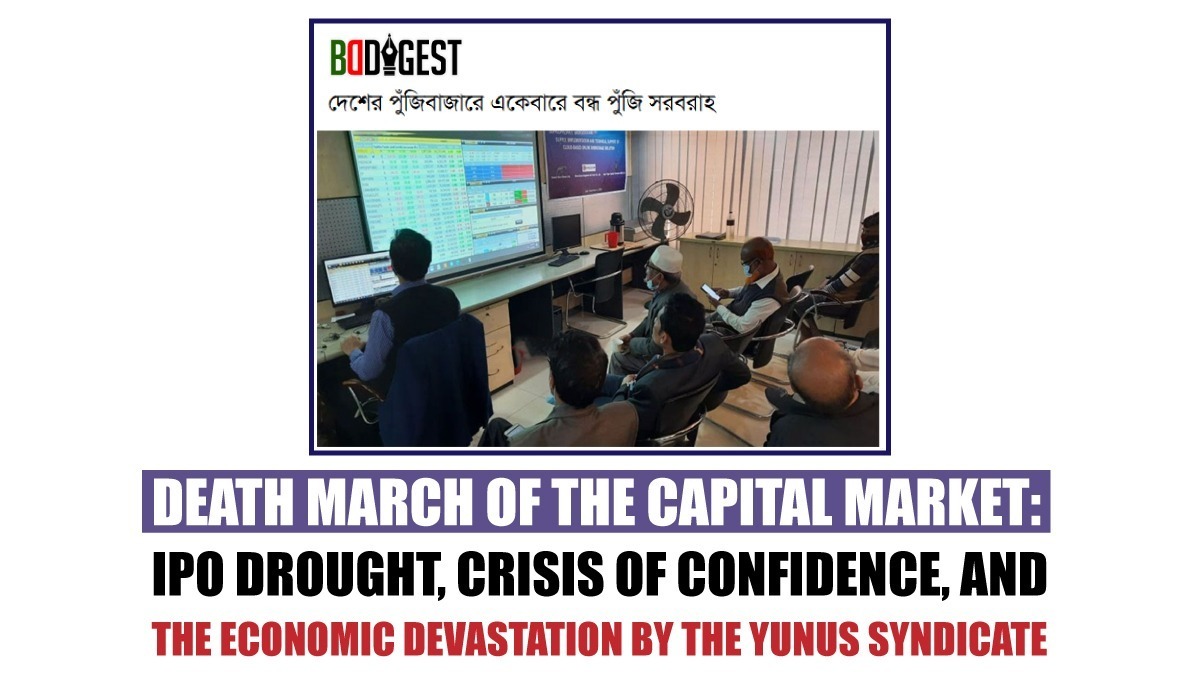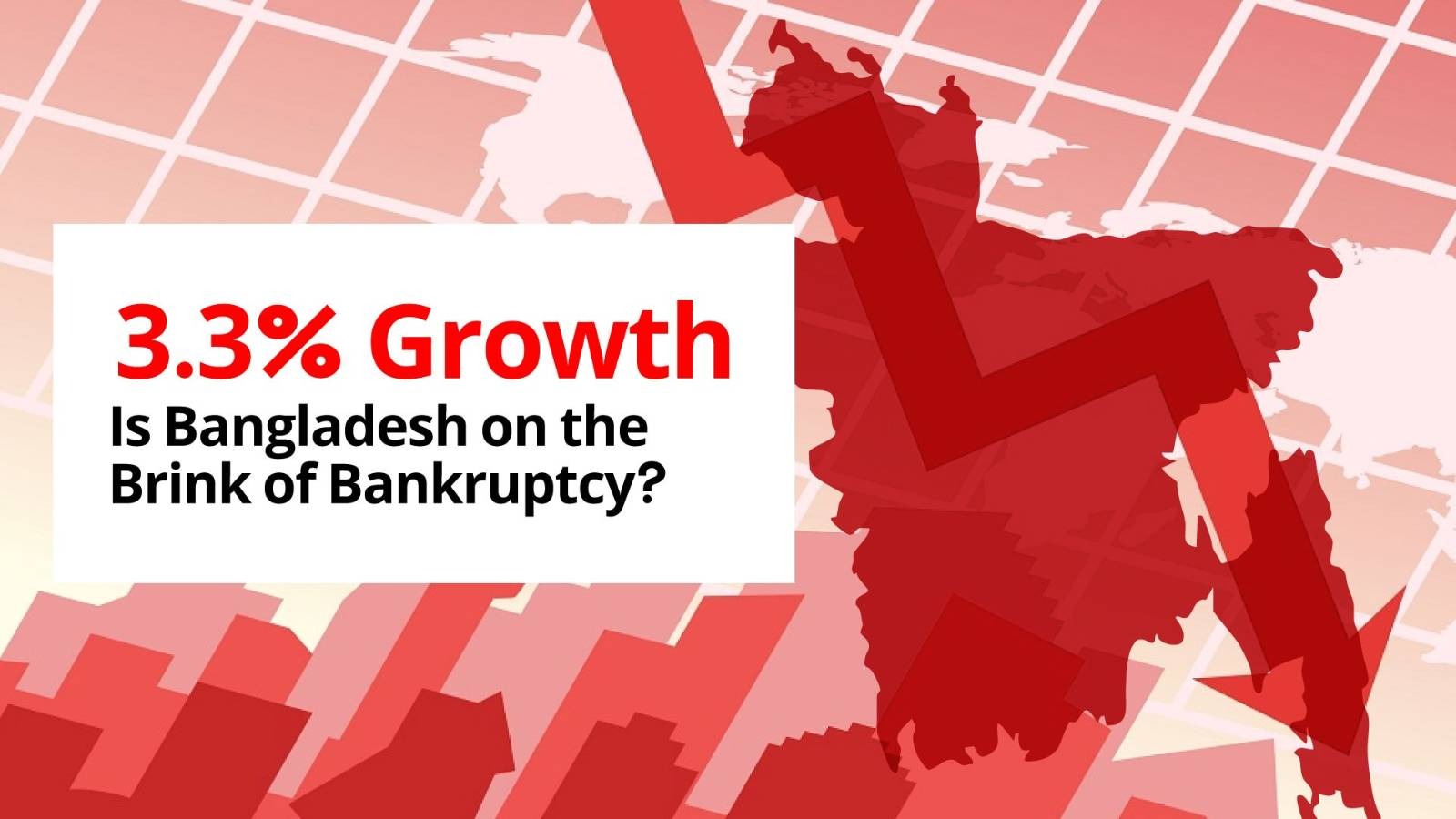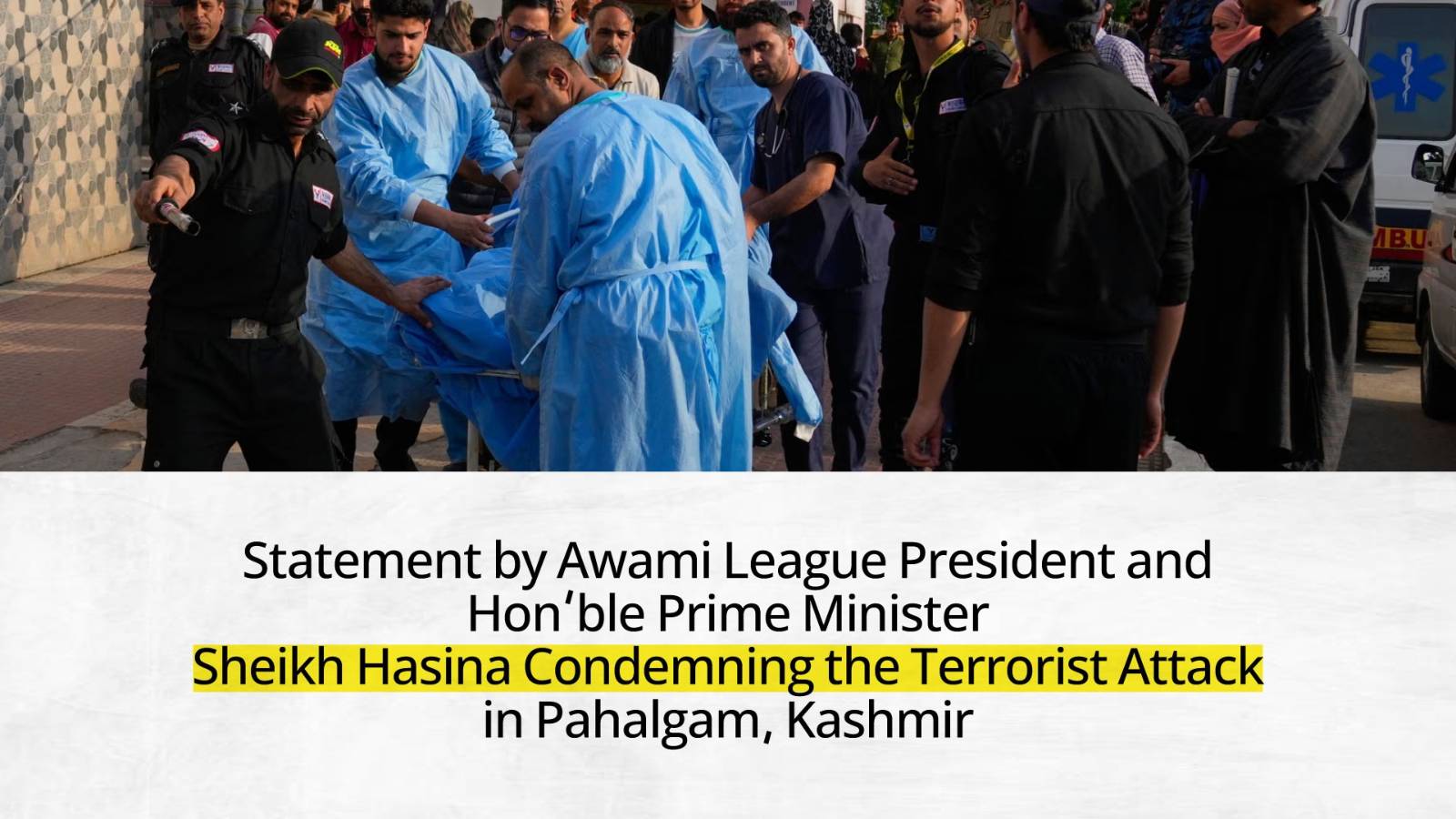1224
Published on January 1, 2024Dr. Pranab Kumar Panday:
The Bangladesh Nationalist Party (BNP) has embarked on a campaign of disruption and resistance in the lead-up to the scheduled election on 7 January 2024. From organising hartals and blockades to, most recently, calling for a non-cooperation movement, the party's strategy raises critical questions about its objectives and potential consequences.
The BNP has employed various tactics to hinder the upcoming election, producing no desired impact. Notably, the party's resumption of arson attacks on vehicles and trains, reminiscent of the events in 2013-2014, has attracted widespread criticism. The recent attacks on trains have unveiled a darker side to the party's political motives.
The party's decision to escalate its protest to a non-cooperation movement signifies a shift towards more drastic measures. However, as the nation witnesses an escalation in arson attacks on vehicles, it becomes imperative to scrutinise the potential benefits the BNP envisions.
The BNP's earlier strategies of hartals and blockades have proven ineffective. Despite these efforts, the resilience displayed by citizens reflects a commitment to the democratic principles that underpin the nation. The recent spate of arson attacks, unfortunately, serves as a dark stain on the party's reputation.
As the BNP amplifies its resistance through non-cooperation, a pivotal question arises: What does the party hope to achieve through such a drastic measure? Encouraging citizens and administrative officials to withdraw their support for the government not only challenges the democratic process but also poses a significant threat to the stability and progress of the nation.
At the heart of a thriving democracy lies the winning of the trust of the citizens. The BNP's current approach not only undermines this democratic principle but also jeopardises the foundation of a system it claims to champion. Rather than fostering a healthy political discourse, these tactics deepen divisions and erode citizens' trust in democratic institutions.
By abstaining from the electoral process and publicly expressing their intent to resist the upcoming election, the party has squandered an opportunity to garner public support. Remaining on the sidelines of governance for over 15 years has weakened the party's organisational strength. Another five years of absence from the corridors of power could push the party into obscurity. Furthermore, the controversial use of hartals, blockades, and arson attacks to instill fear among citizens and cause harm to ordinary lives poses additional threats to the party's viability as a political force.
Fostering constructive dialogue and presenting clear visions and policies to the public is not only a hallmark of a healthy democracy but also a fundamental responsibility of political parties. This commitment to transparency and engagement allows citizens to make informed decisions about the future of their nation. Resorting to disruptive measures not only subverts the democratic process but also reflects a failure to provide a credible and constructive alternative for the citizens.
The BNP's recent actions indicate a repetition of past mistakes. The decision not to participate in the 2014 election was a pivotal misstep that pushed the party into a political abyss. One might have expected the BNP to learn from this setback, recognising the importance of active participation in the democratic process. However, the party seems to have disregarded this critical lesson.
By opting out of the electoral process, the BNP limits its political influence and diminishes its ability to shape the national discourse. In a democracy, elections serve as a platform for parties to articulate their visions, engage with citizens, and present alternative policies. The absence of a significant political player like the BNP weakens the democratic fabric by depriving citizens of diverse perspectives and choices.
Moreover, the decision of the Bangladesh Nationalist Party to abstain from the 2024 election raises questions about the party's strategic foresight and its understanding of the broader political landscape. If the ruling party effectively orchestrates an election with substantial voter participation, it would undoubtedly bolster the legitimacy of the government.
The absence of the BNP from this electoral process might result in a missed opportunity to shape the political narrative and influence public opinion. Active engagement in elections is often an essential avenue for political parties to assert their relevance, articulate their vision, and secure a mandate that extends beyond the immediate electoral victory. By abstaining, the BNP risks further distancing itself from the democratic process, diminishing its role as a significant political force.
The democratic process is not merely a formality but a dynamic mechanism for shaping the destiny of a nation. It requires the active participation of all stakeholders. The BNP's refusal to engage in this process raises concerns about its dedication to the democratic values it purports to uphold.
The citizens of Bangladesh deserve a political landscape that fosters unity, progress, and a shared vision for the future, free from the disruptions that hinder the democratic journey.
In these critical times, the nation looks to its political leaders for responsible, statesmanlike conduct that preserves the sanctity of the democratic process and ensures a prosperous future for all citizens.Hence, political manoeuvers such as a non-cooperation movement are unlikely to impact the forthcoming election results or garner significant public support.
Writer: Professor, Department of Public Administration, University of Rajshahi














